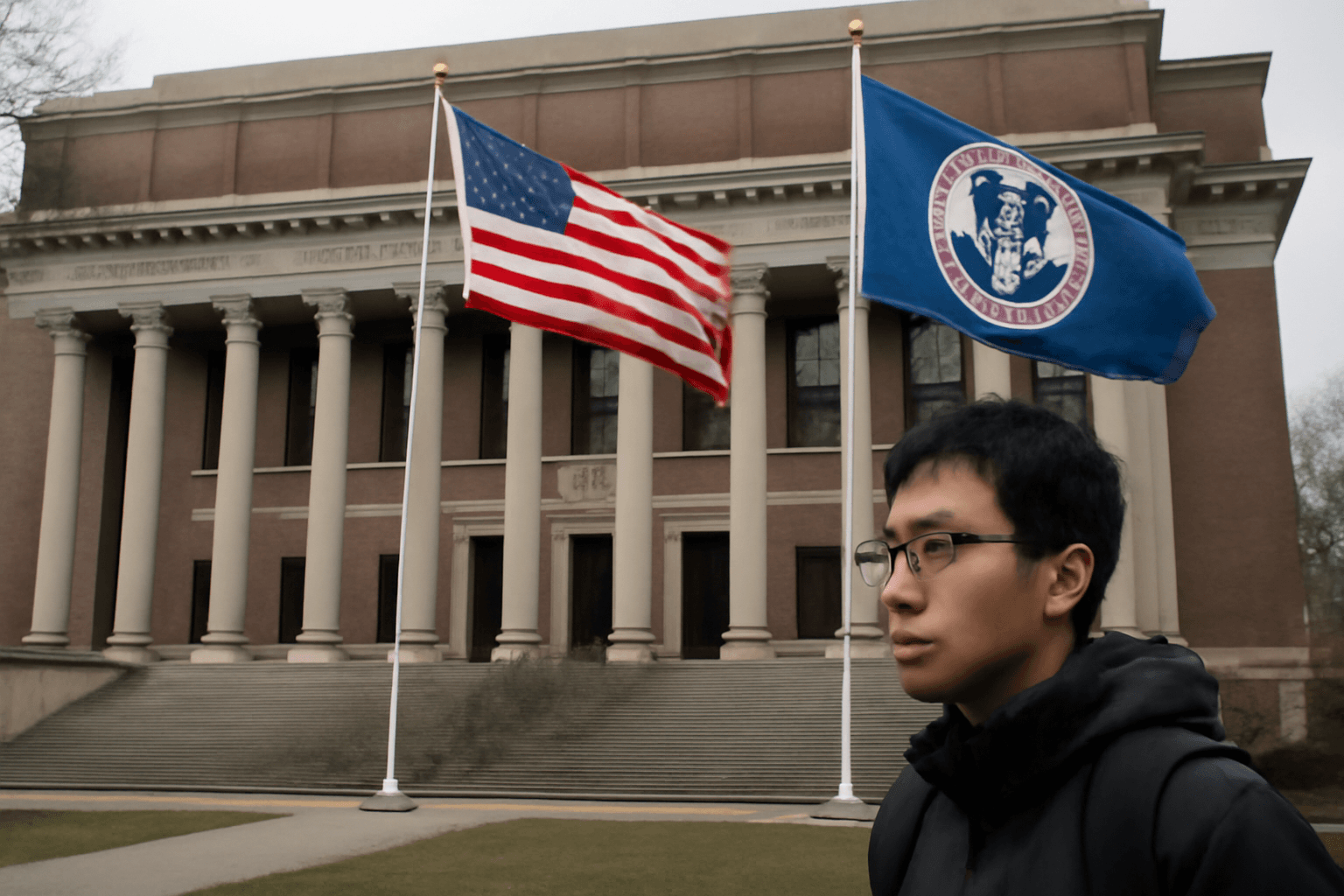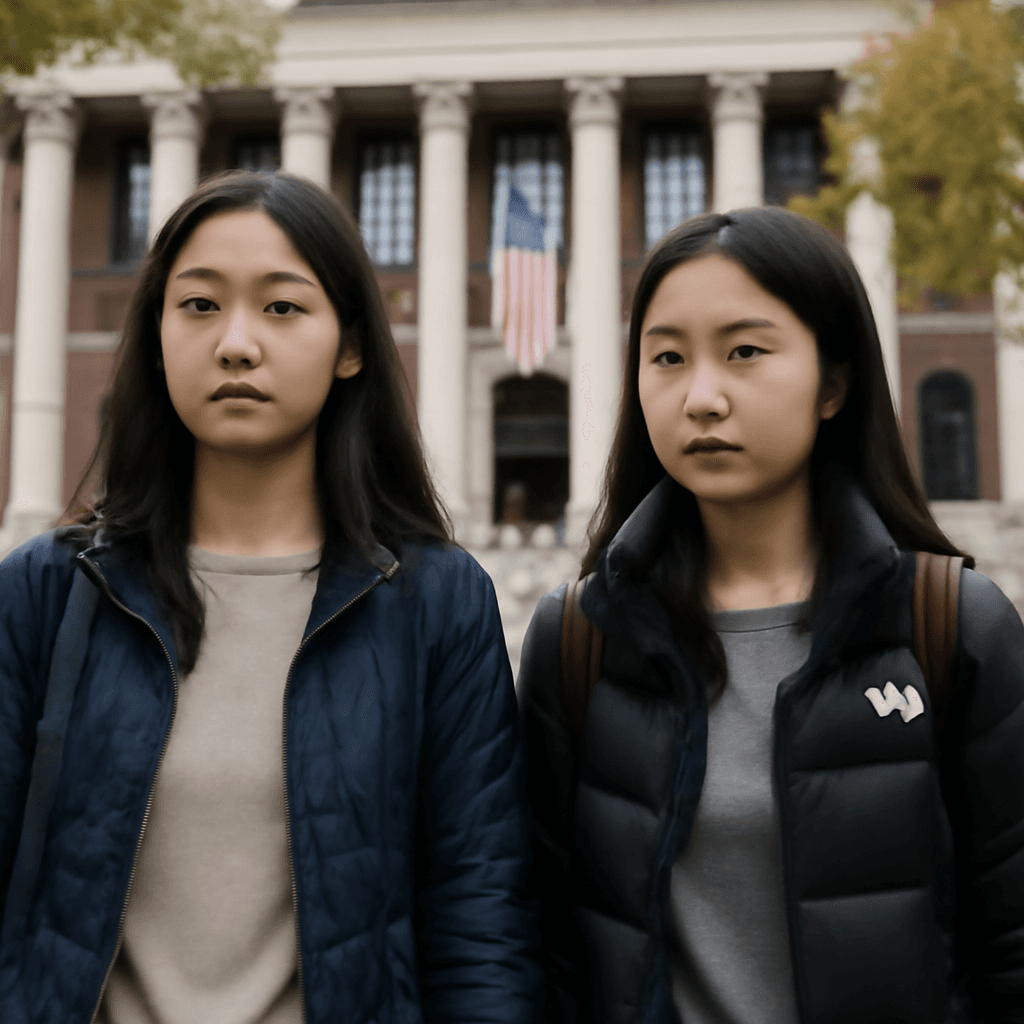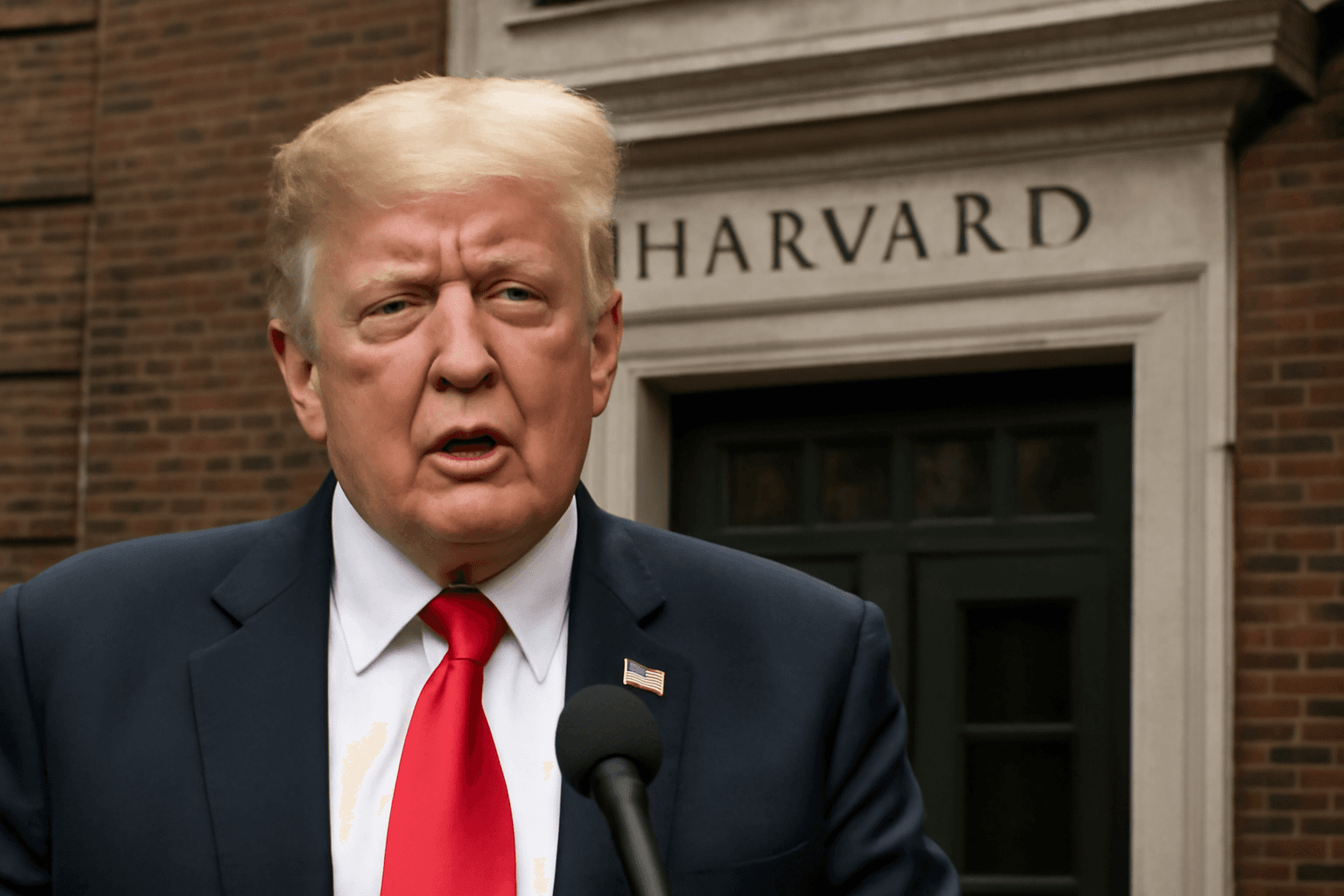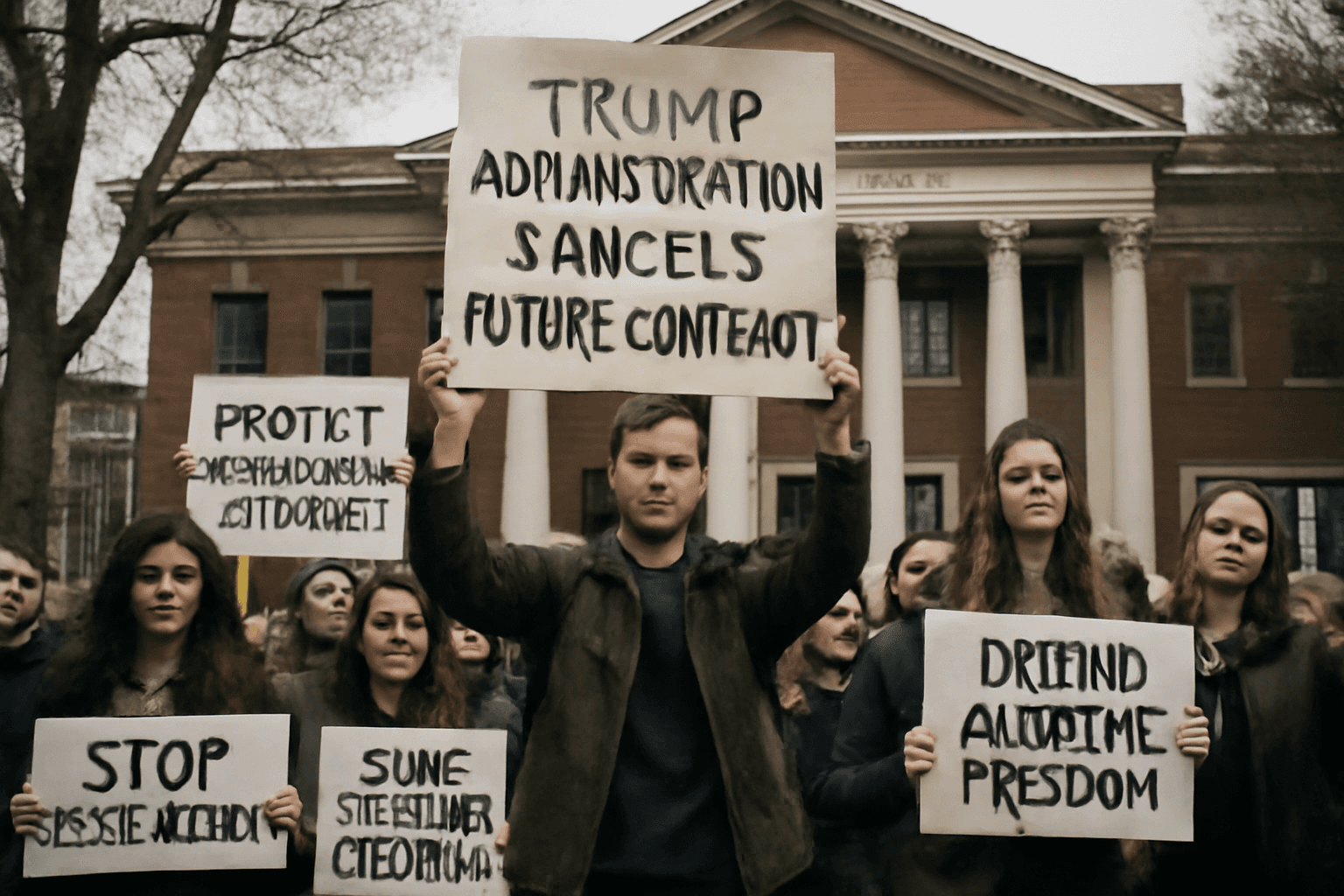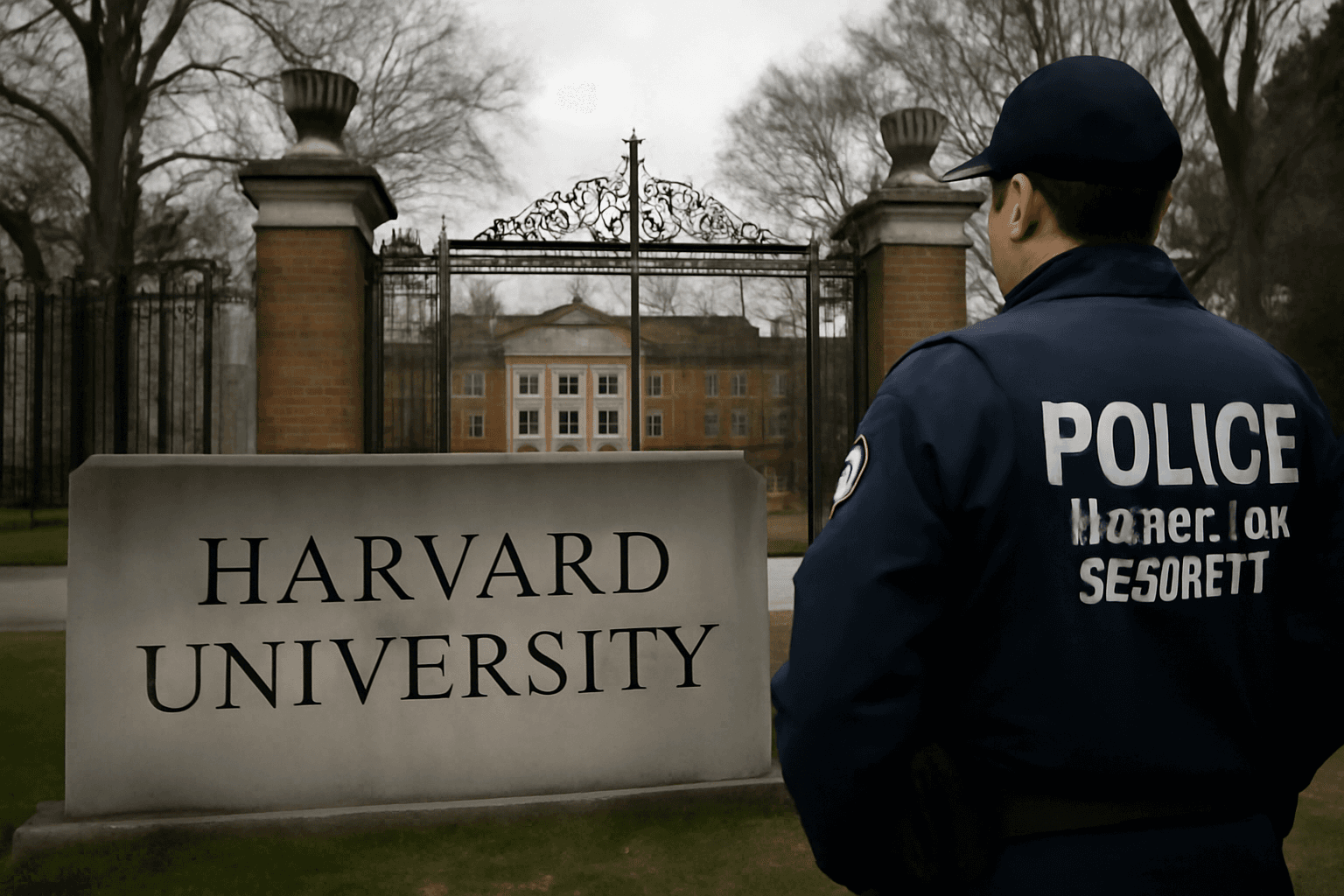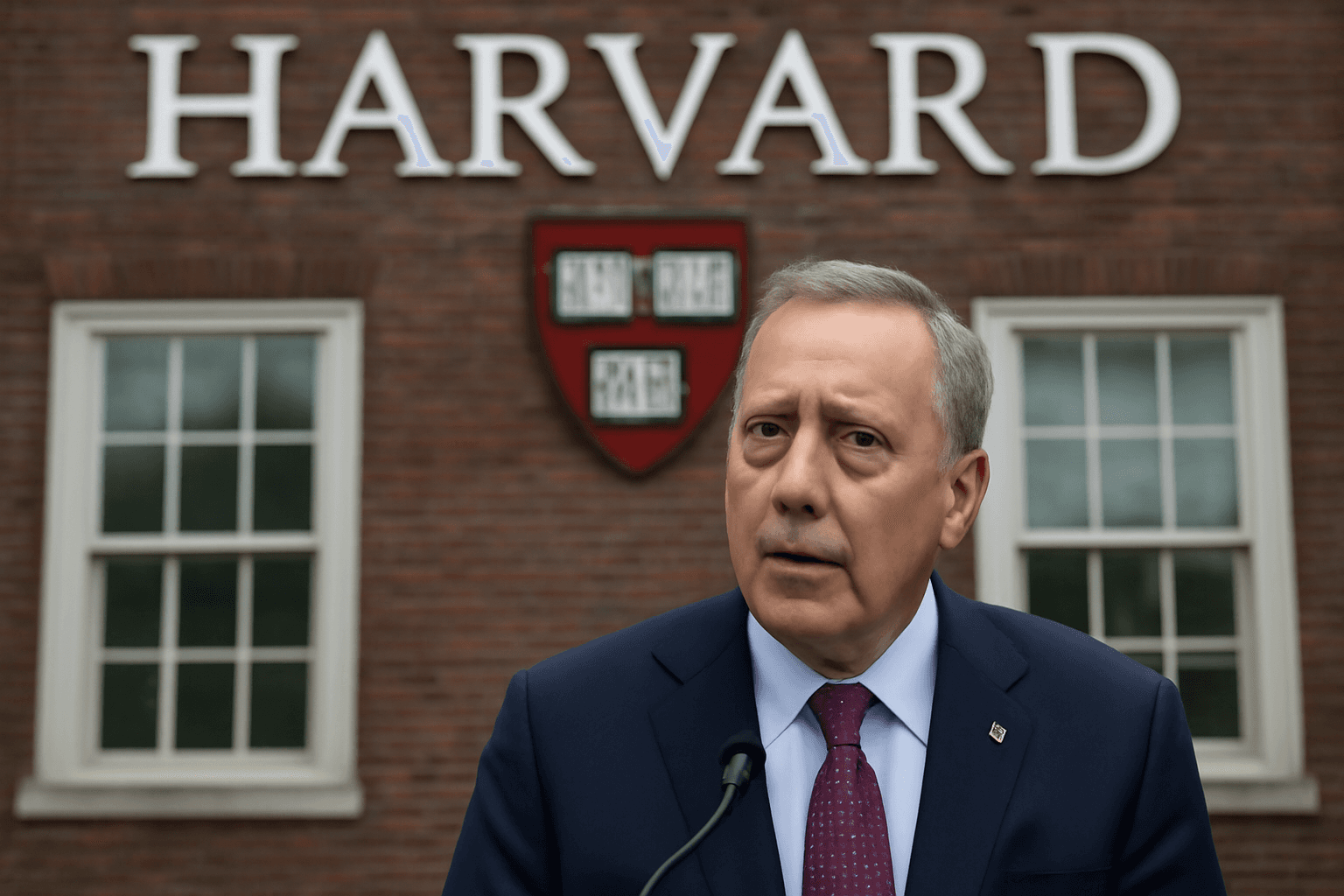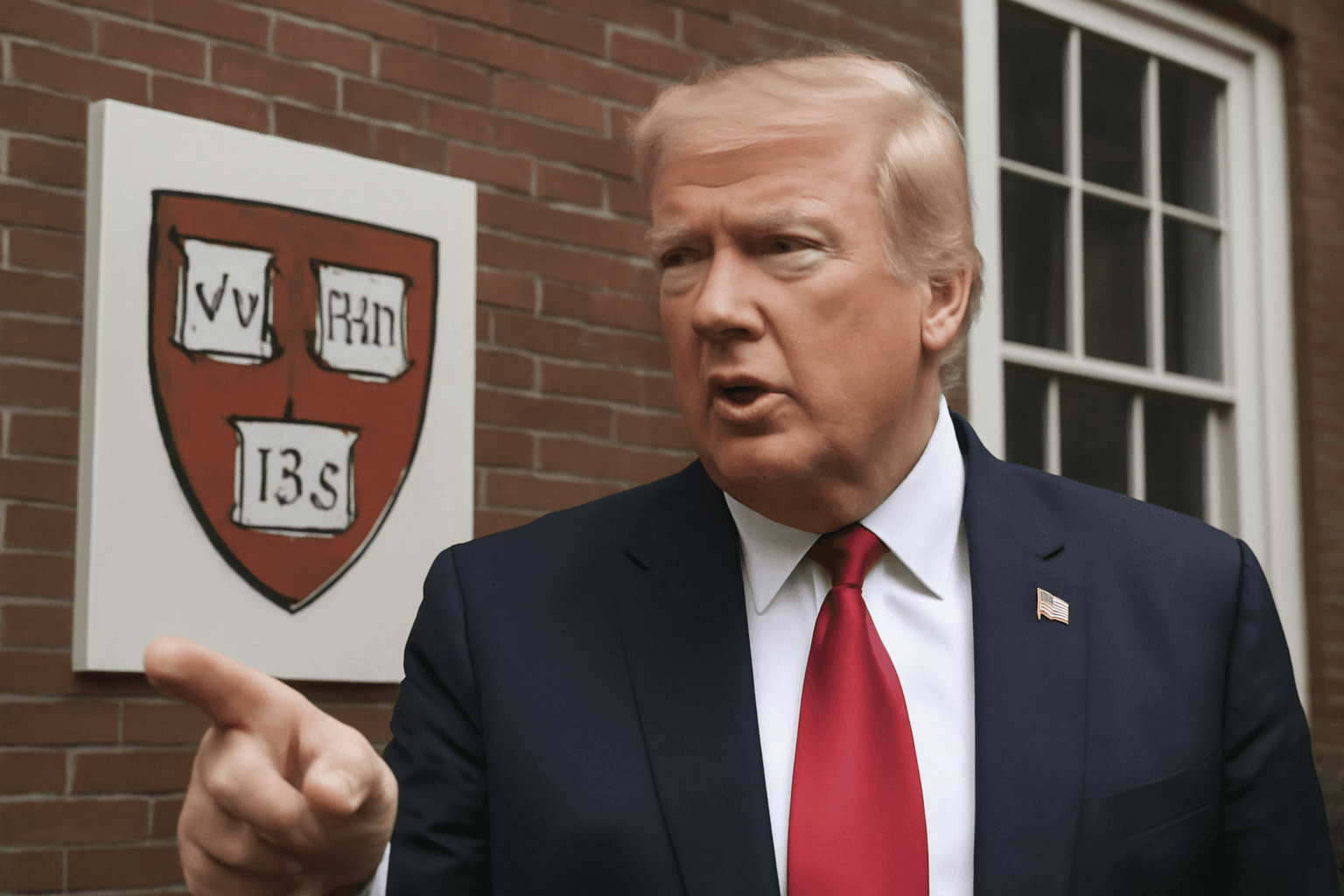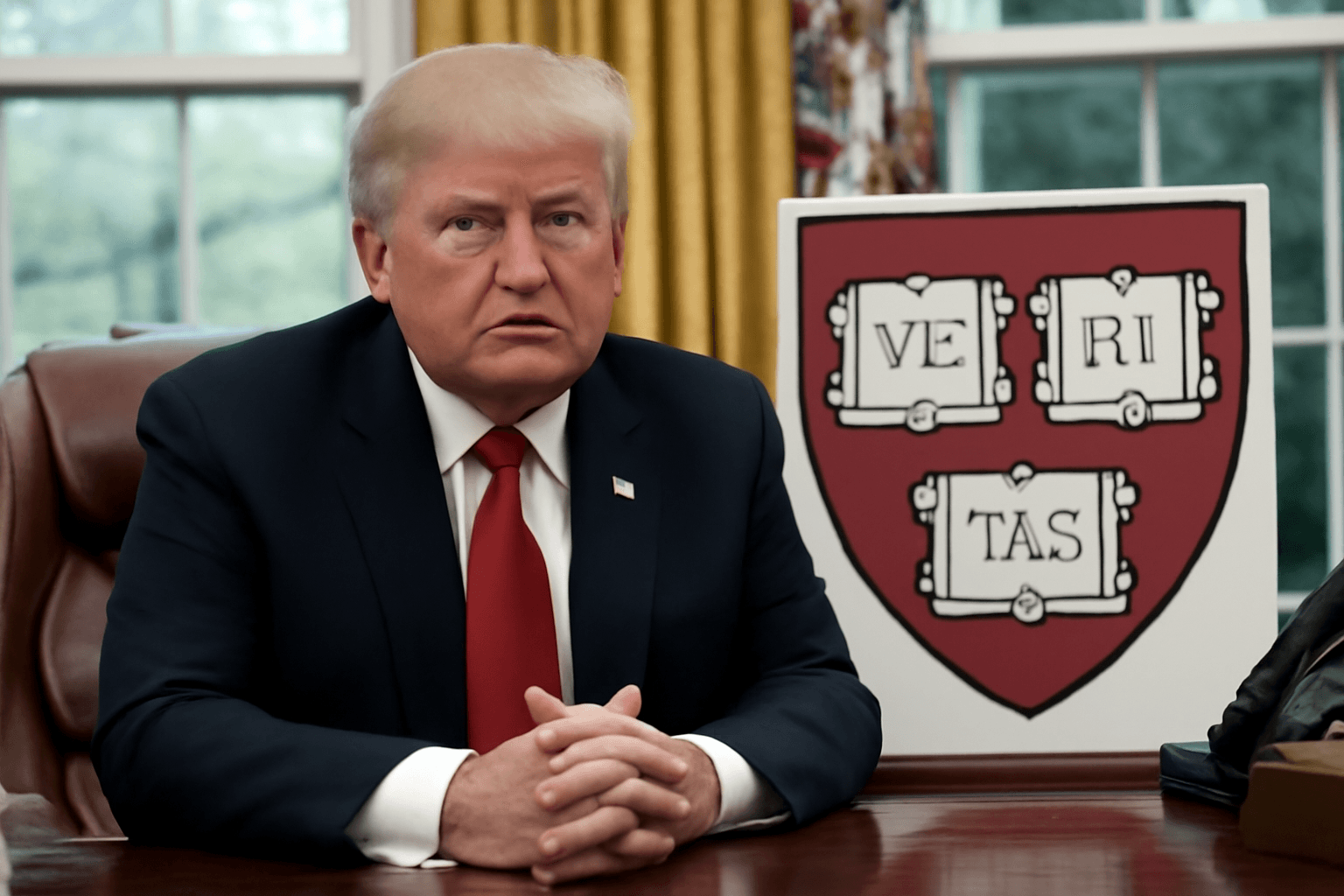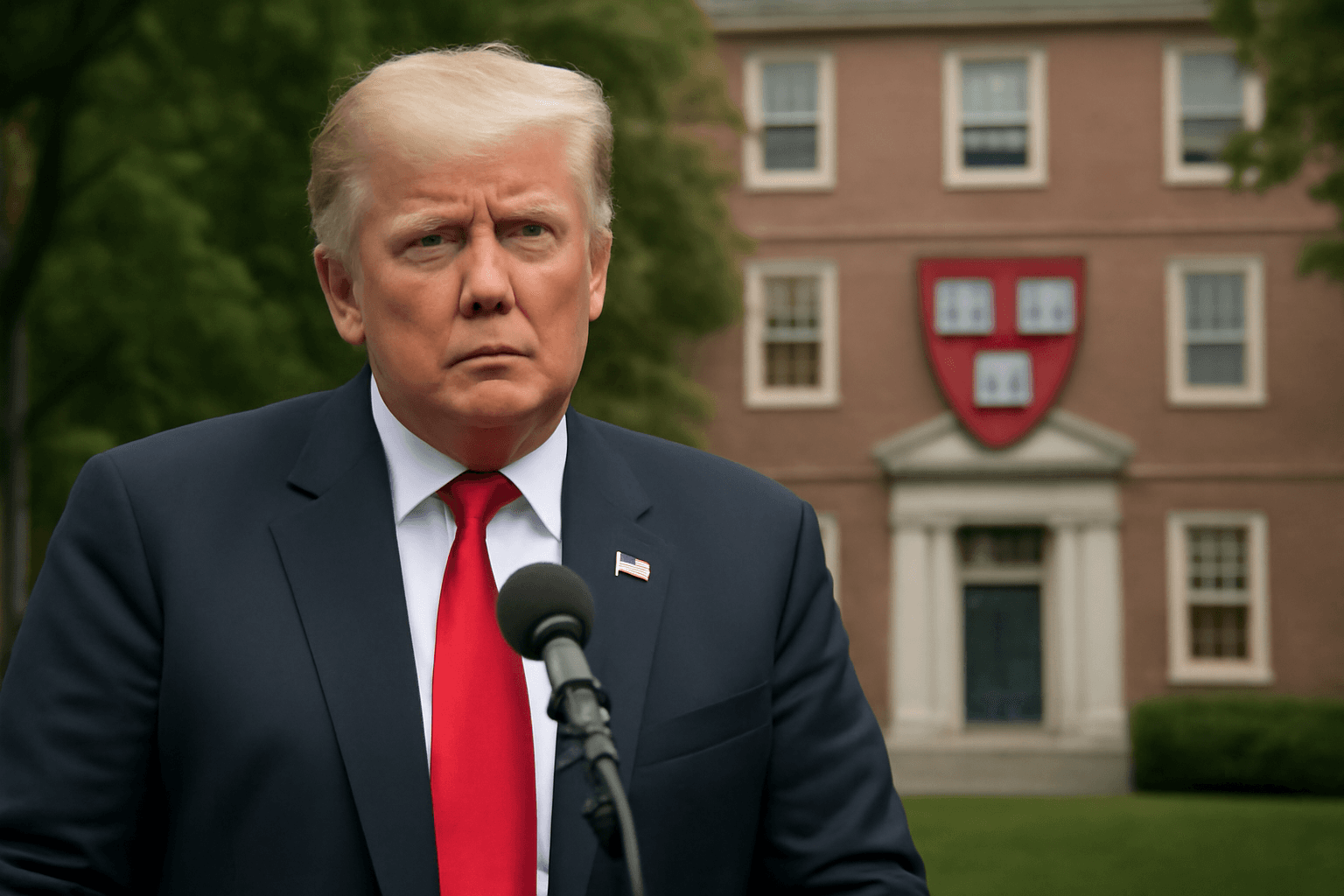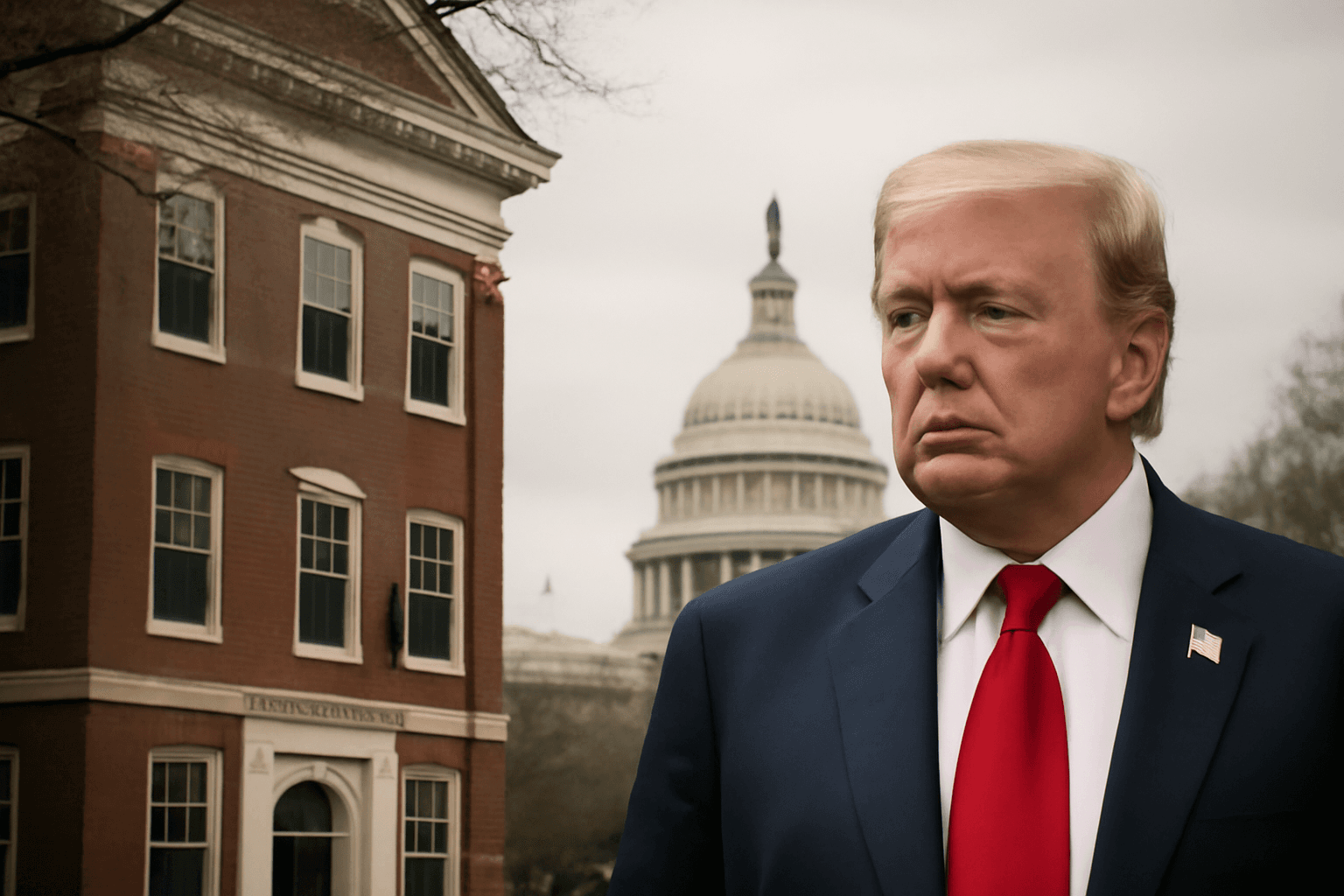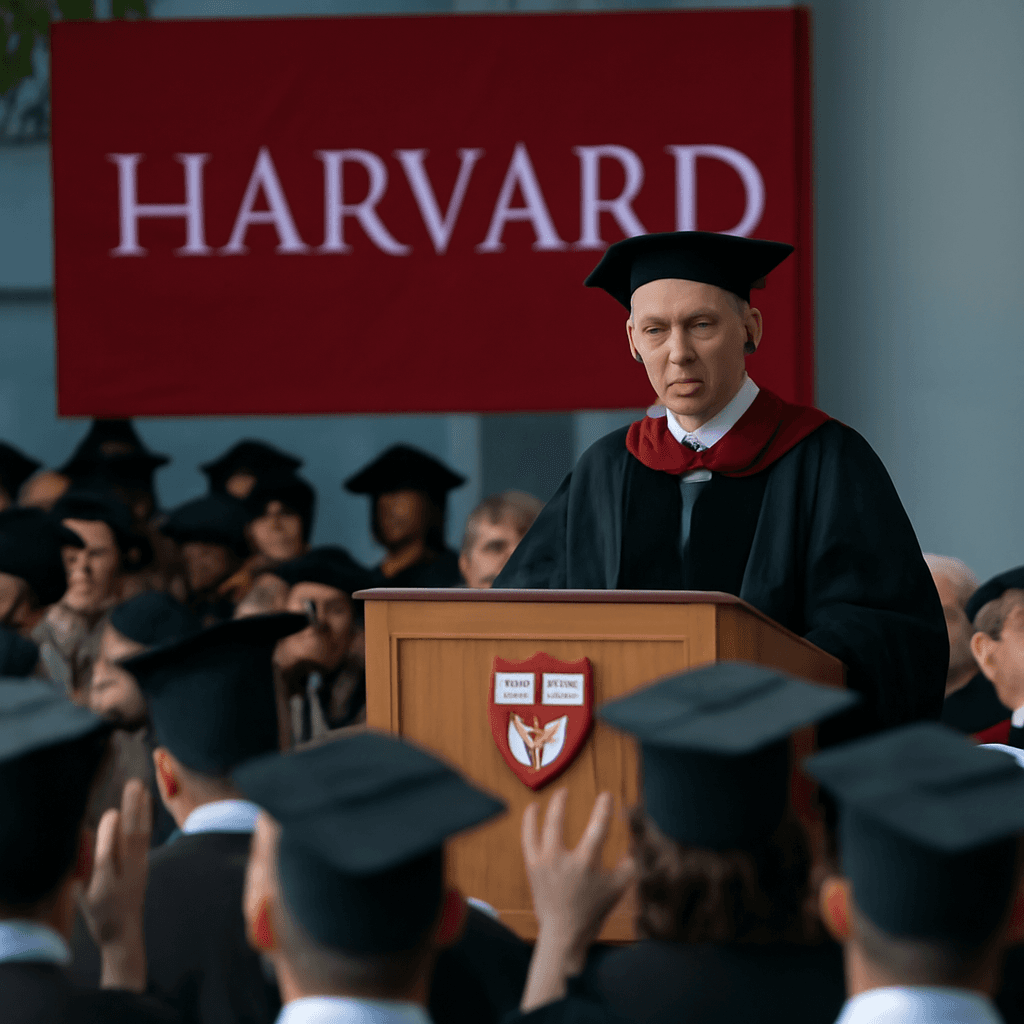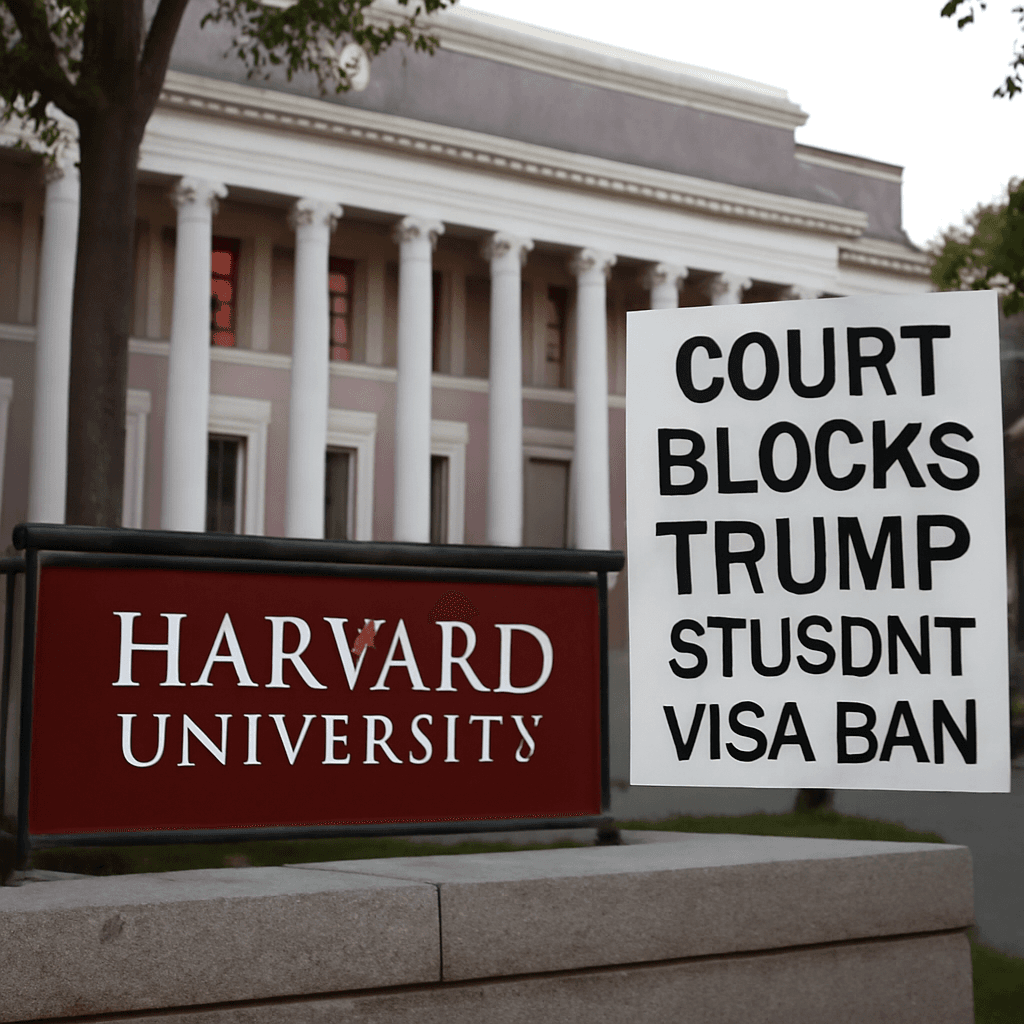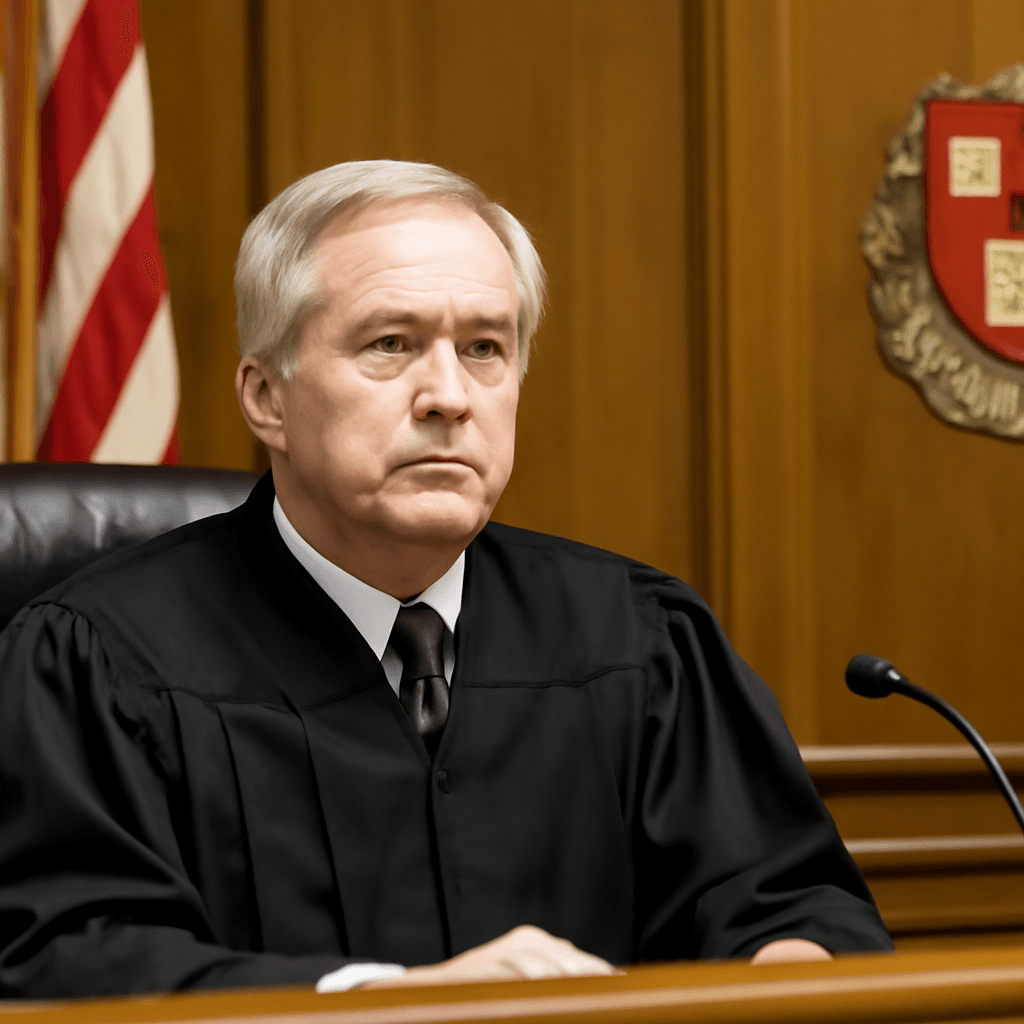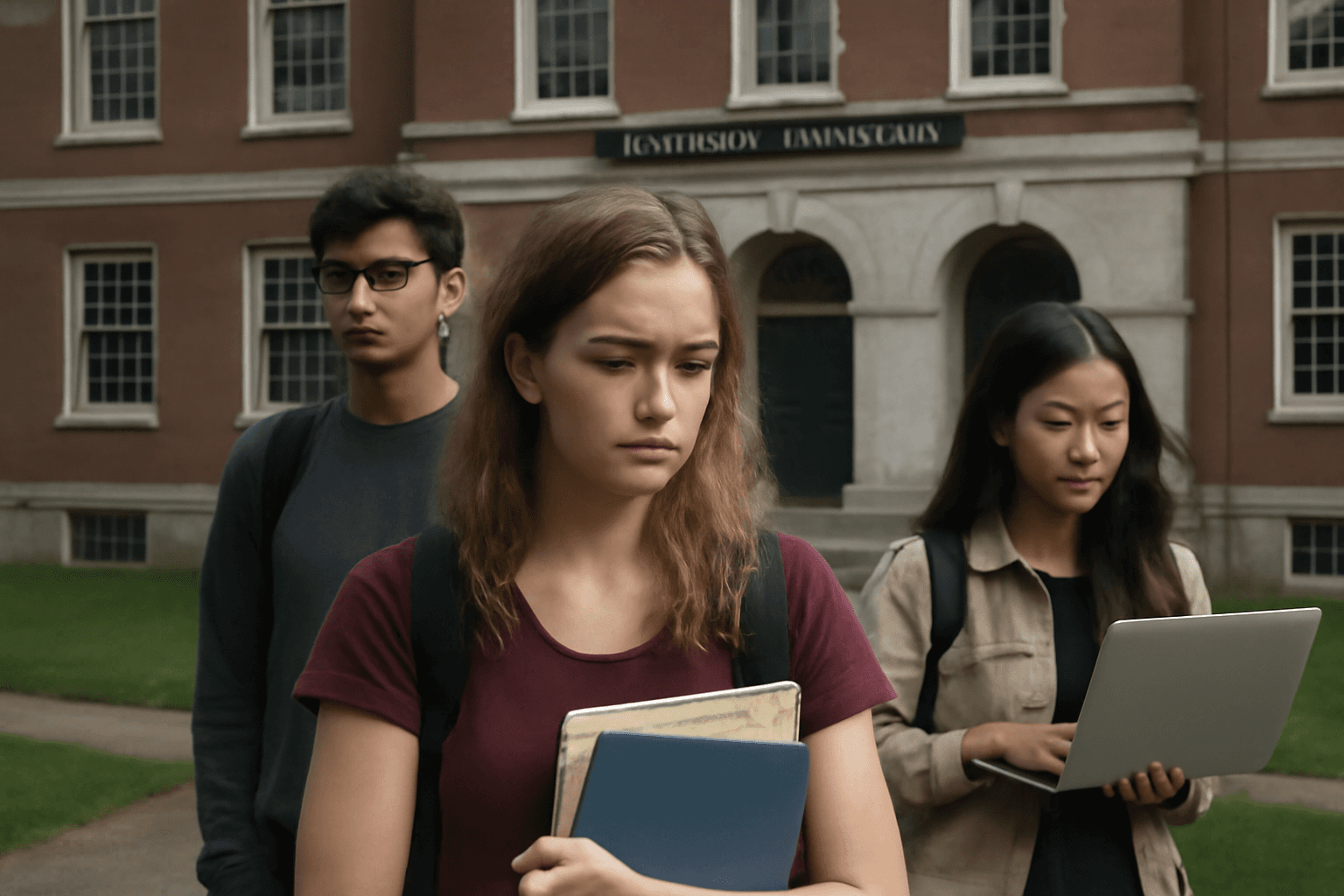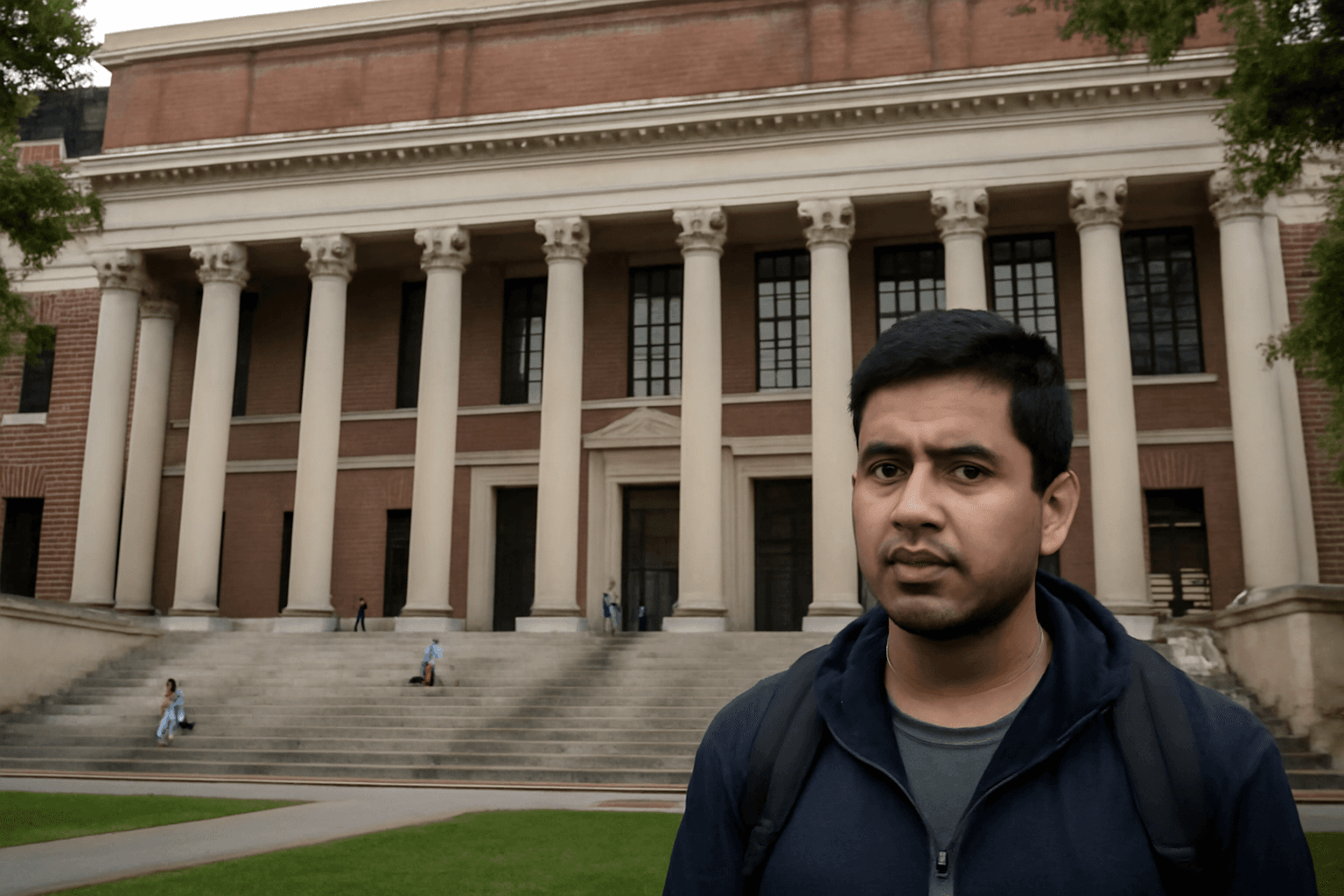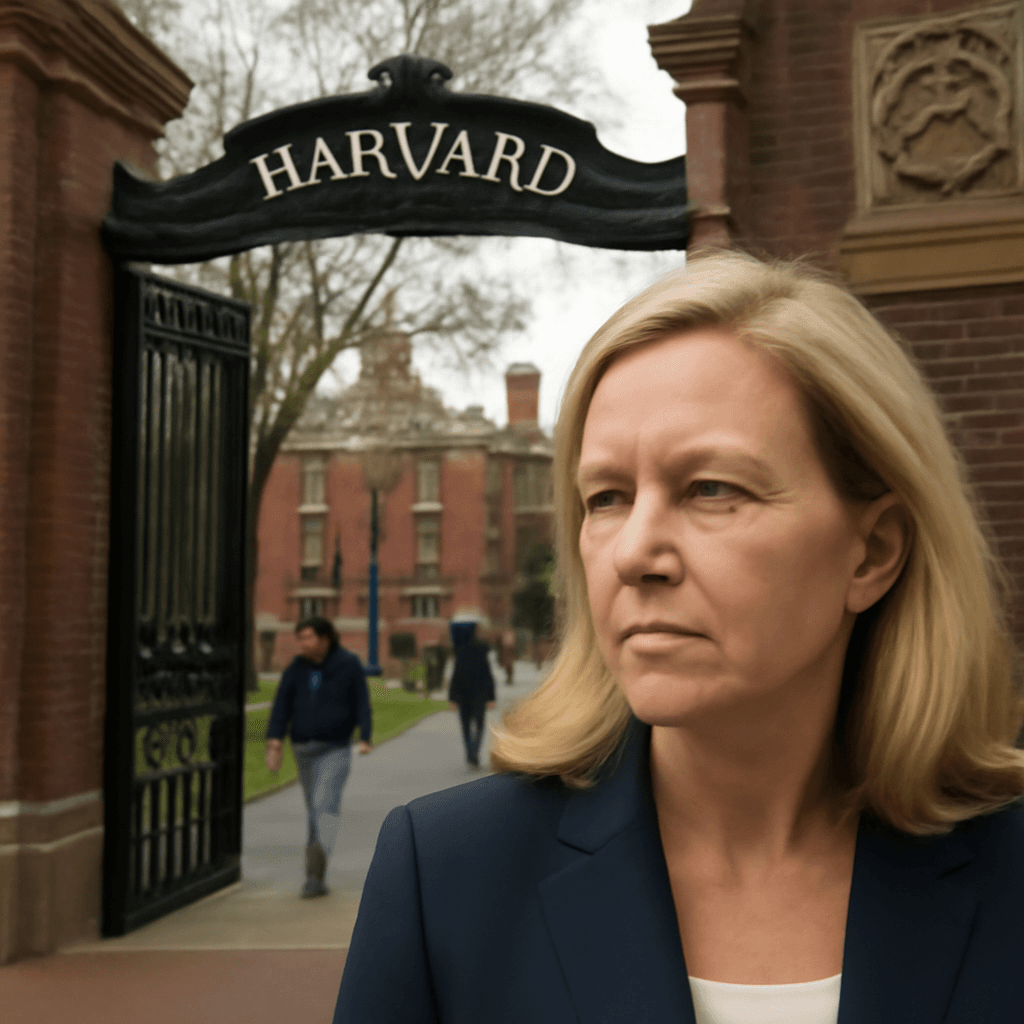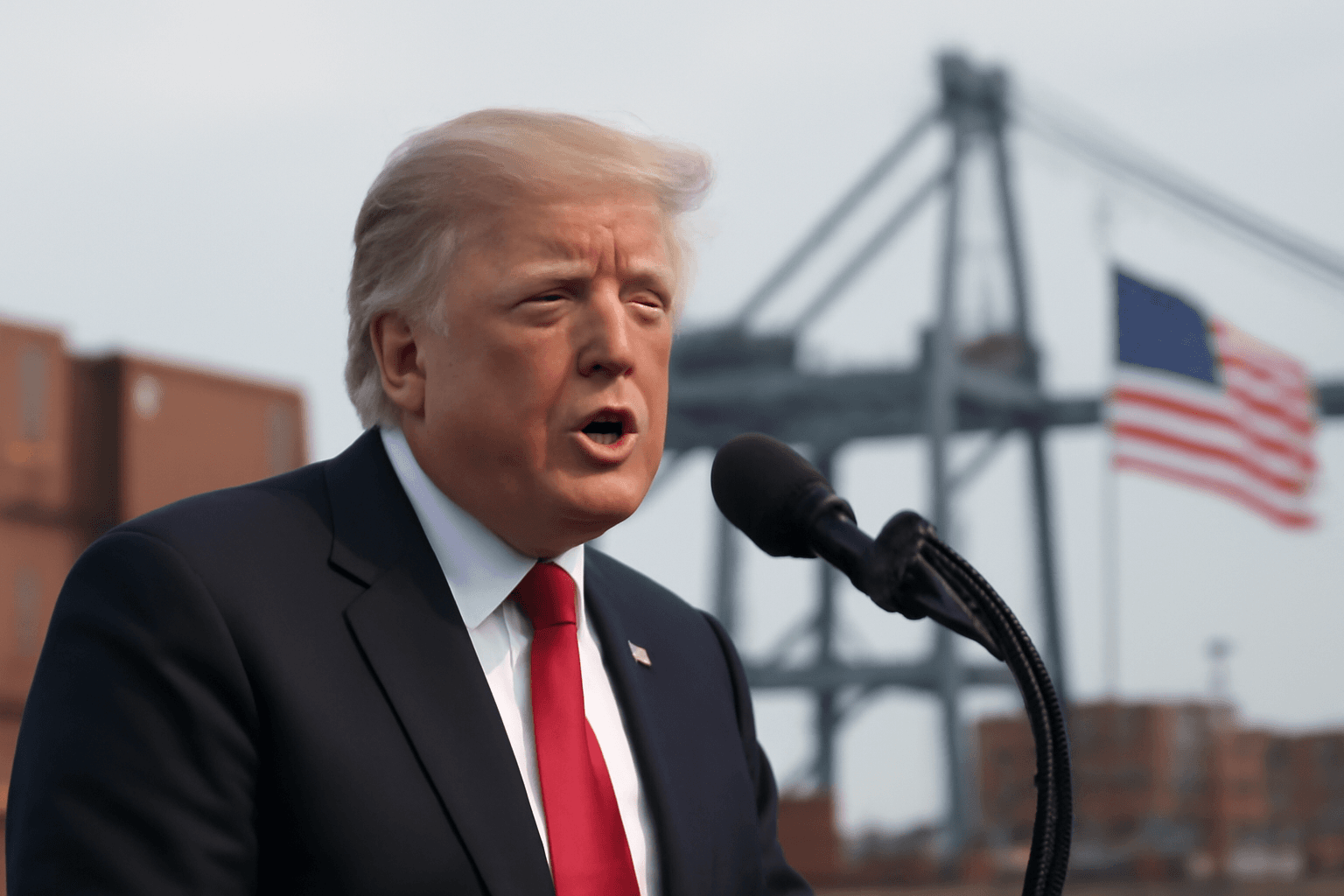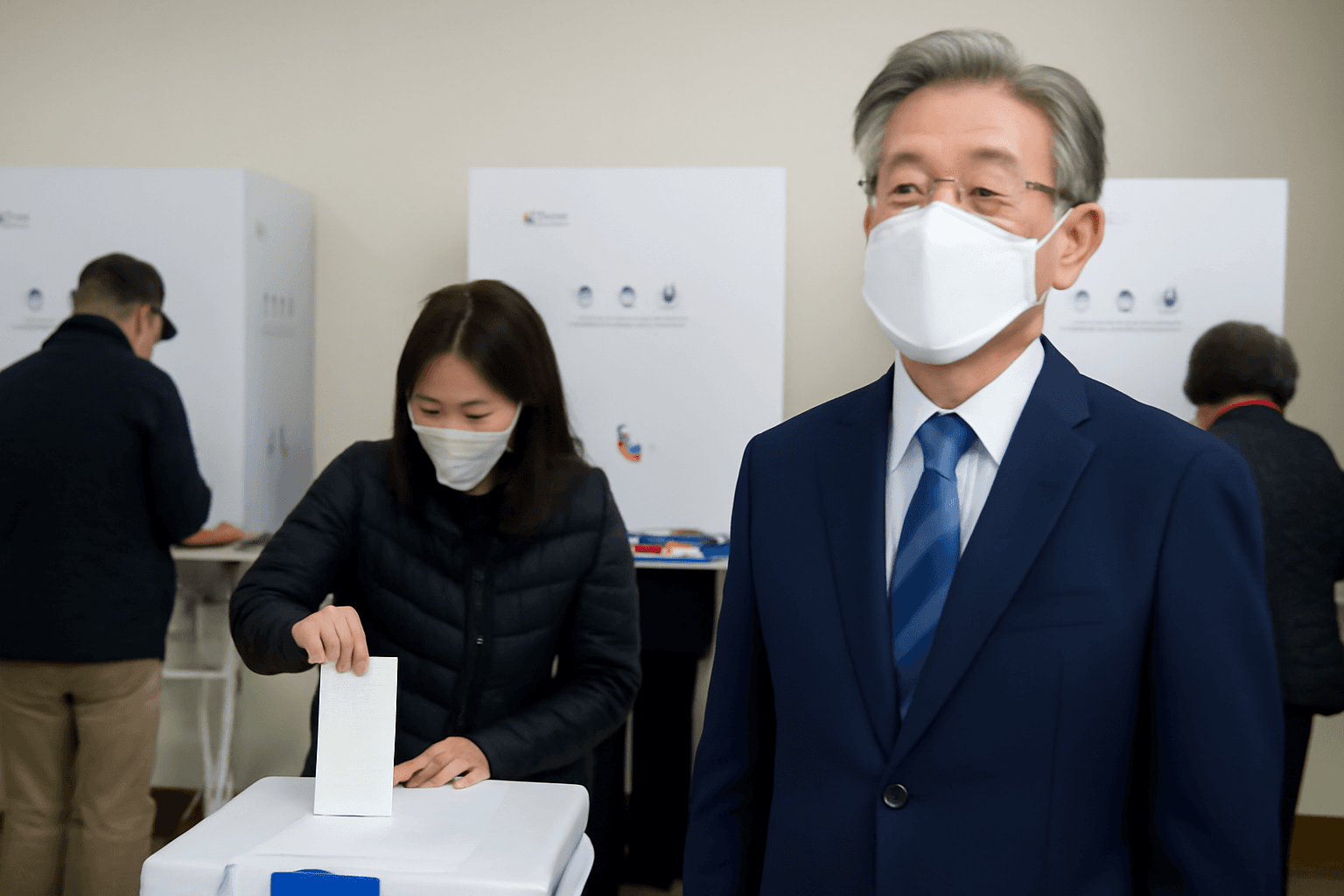The escalating conflict between Harvard University and the Trump administration has intensified this May 2025, centering on the enrollment of international students amid allegations related to campus conduct and national security. This dispute marks a significant flashpoint in the broader tensions affecting higher education and federal policy on foreign students in the United States.
Timeline of Key Developments:
- May 22: The Department of Homeland Security (DHS) formally revoked Harvard’s authorization to enroll international students, who comprise more than 25% of the university’s population. Homeland Security Secretary Kristi Noem accused Harvard of withholding requested student conduct information and allowing anti-American and allegedly pro-terrorist activities on campus. Harvard swiftly condemned the move, emphasizing its commitment to hosting international scholars from over 140 countries.
- May 23: Harvard filed a lawsuit aiming to block the government’s SEVP decertification. US District Judge Allison Burroughs granted an emergency injunction preventing enforcement of the DHS decision, recognizing the move as a significant threat to a substantial segment of Harvard’s students. Harvard characterized the administration's actions as retaliation against constitutionally protected speech.
- May 26: President Trump escalated tensions via social media, threatening to divert $3 billion in federal grants from Harvard to trade schools due to alleged antisemitism and criticizing the university for perceived legal “judge shopping.” He also accused Harvard of delaying disclosure of foreign student data, framing it as a national security risk.
- May 28: Trump publicly proposed capping Ivy League international student enrollment at 15%, significantly lower than Harvard's current rate of approximately 31%. He suggested such a cap was needed to prioritize American students and to address concerns about potential security threats emanating from foreign students—allegations made without presented evidence.
- May 29: In a late court filing, the administration requested to pause judicial proceedings to conduct an internal review of Harvard’s compliance regarding international students. Both Harvard’s legal team and Judge Burroughs rejected this, maintaining the injunction allowing Harvard to continue international admissions during ongoing litigation.
The dispute coincides with broader federal cuts exceeding $3 billion in grants and contracts previously awarded to Harvard for medical and scientific research, severely impacting research programs. These funding reductions, combined with the visa and enrollment battles, have sown uncertainty among thousands of international students. Many have reconsidered their study plans, sought transfers, or canceled travel due to fears of restrictions on re-entry to the United States. Concurrently, foreign universities are actively courting displaced Harvard students.
At a recent commencement, Harvard President Alan Garber received a standing ovation from nearly 9,000 graduates, signaling strong institutional resolve amid these political challenges.
For continuous coverage, stay tuned to official judicial proceedings and statements from education and government authorities.

